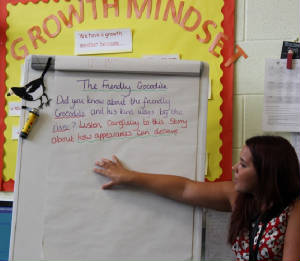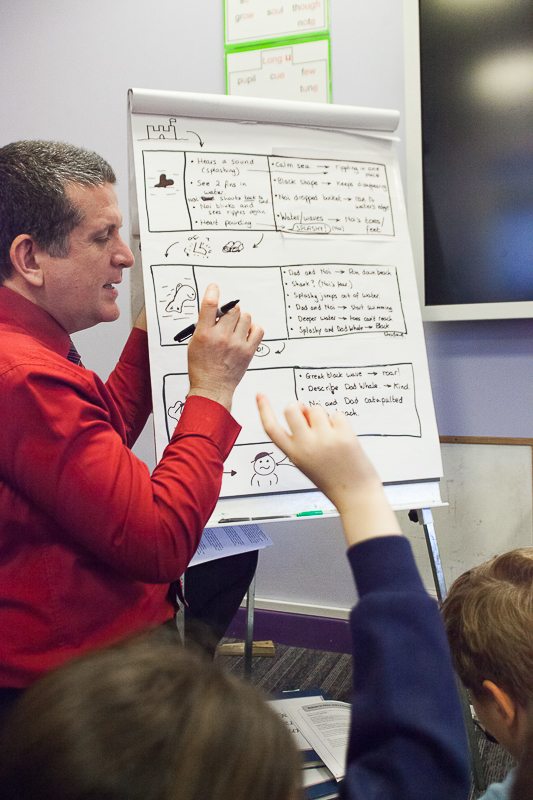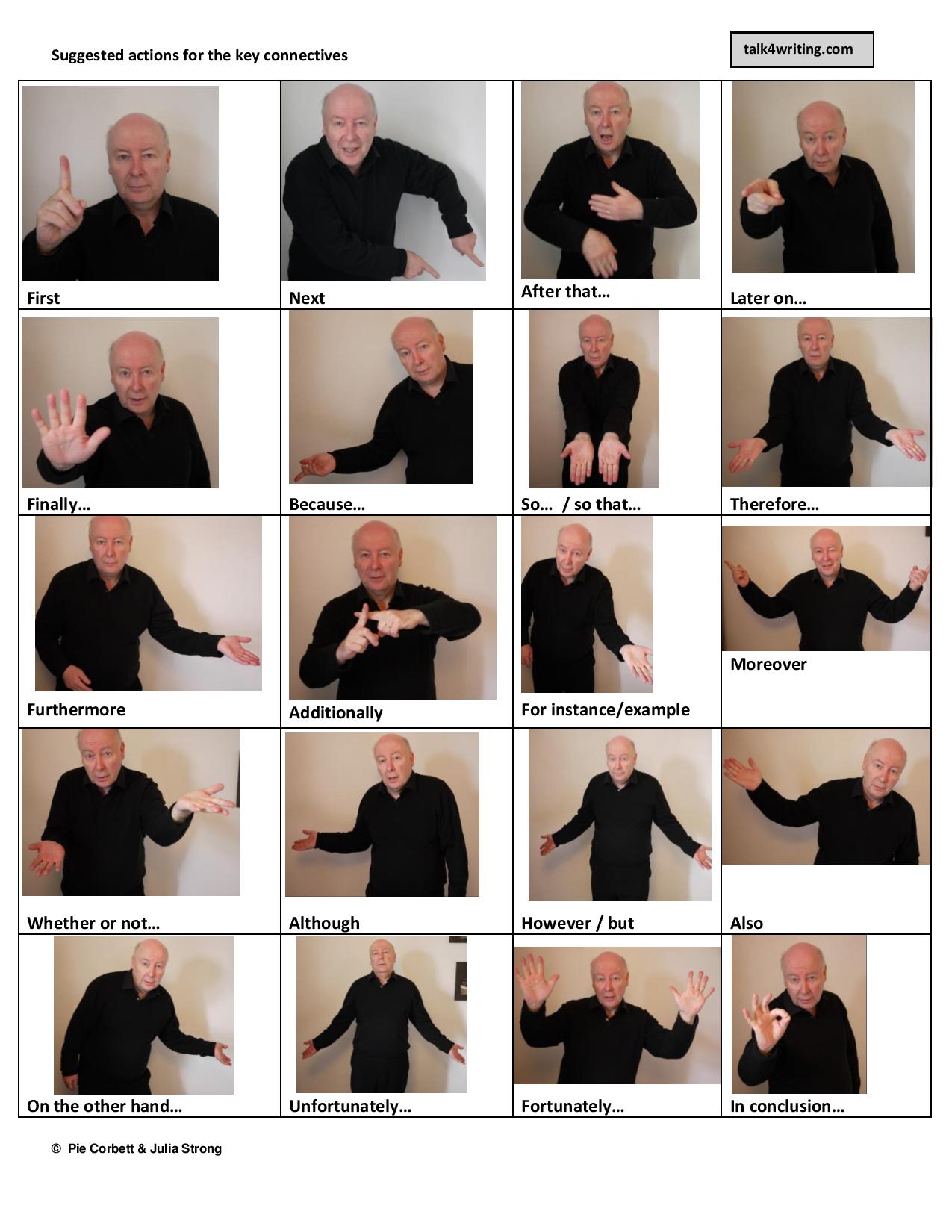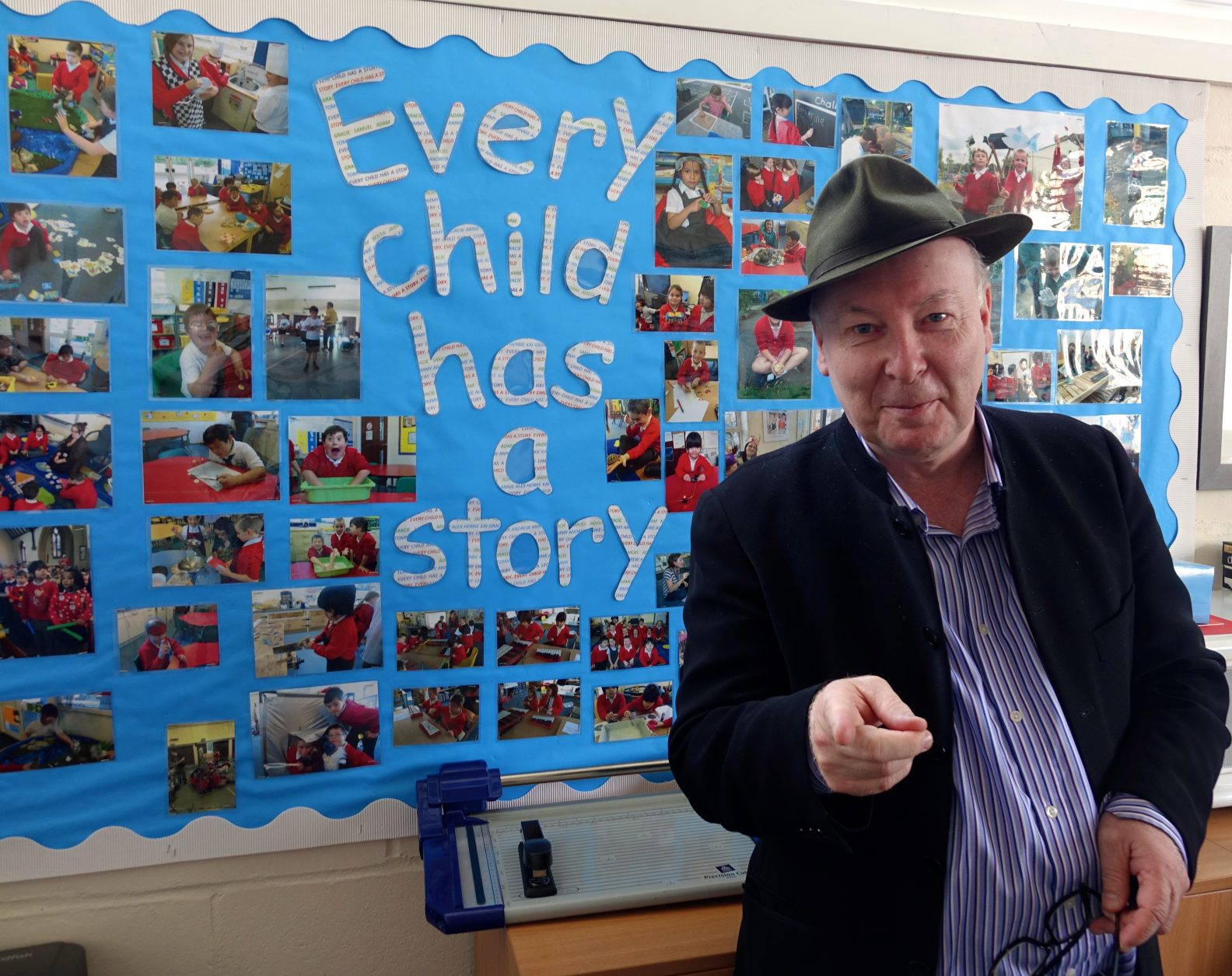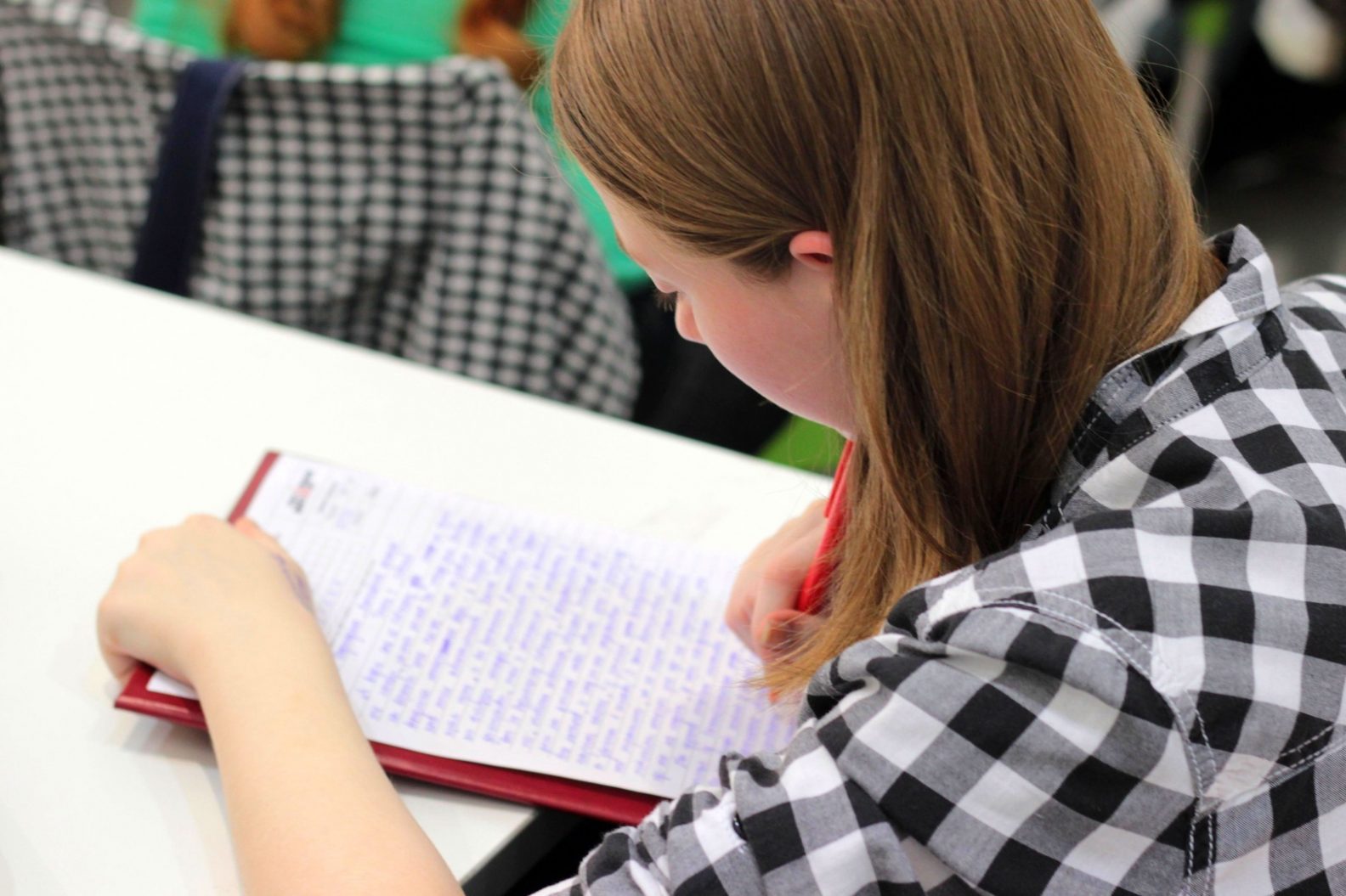These files contain guidance on teaching the three stages of the Talk for Writing process (Imitation, Innovation and Invention/Independent Application) at the Foundation Stage. Each download is one-side of A4 that takes you through the key processes and key points at each stage.
The 3 ‘eyes’: imitation
These files contain guidance on teaching the three stages of the Talk for Writing process (Imitation, Innovation and Invention/Independent Application) at the Foundation Stage. Each download is one-side of A4 that takes you through the key processes and key points at each stage.
Formative assessment: the key to progress
How the 3 stages of the Talk for Writing approach puts formative assessment at the heart of your teaching.
How to innovate on non-fiction documents
Once the children have become familiar with the original non-fiction model text, they are ready to move into the second phase, which involves using the original as a basis for creating something new – writing their own version. Pie Corbett outlines the approach in these notes. IMAGE: John Campbell [CC0], via Wikimedia Commons
Talk for Writing actions for key connectives
The connectives actions sheet is a one-page document with pictures of Pie demonstrating the suggested Talk for Writing actions for the key connectives.
Teaching English creatively
This is a 25-page document written by Pie Corbett. It is a key Talk for Writing resource in which Pie explains what is important when teaching English and also suggests a range of activities for teachers to use in the classroom.
Rome wasn’t built in a day
Rome wasn’t built in a day. Talk for Writing Primary Expert Maria Richards explains why you must invest time and have a plan if you want to reap the potential benefits of Talk for Writing for your school.
Writing and text mapping your own model text
Talk for Writing consultant Kathryn Pennington explains how and why she writes and maps her own model text: “Having a model text is vitally important in the writing process…You need a clear example of what good looks like and that’s where the model text comes in.
Getting to the end point – real, quality independent writing
Emma Mann, from Penn Wood Primary, tells us how they get their pupils to the end point – real, quality independent writing. The stages of Talk for Writing support ‘the end point’, i.e. getting children to write well independently. In order to do this, we follow ‘imitation, innovation, independent application’.




